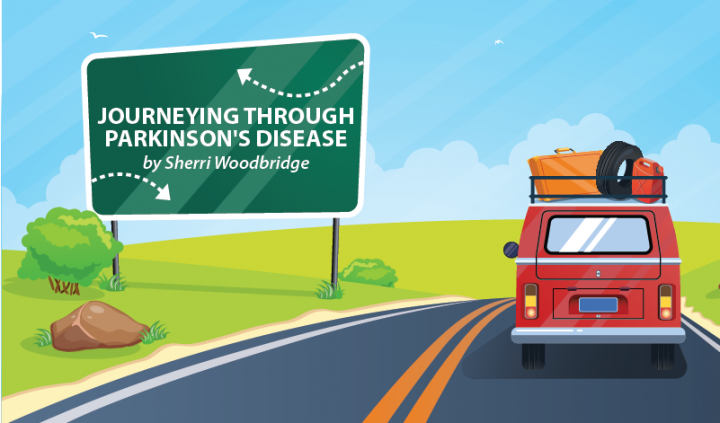In Addition to a Cure for Parkinson’s, What Else Do We Really Want?
Written by |

We all want something in life. We want to win the lottery or find our perfect mate. For those of us with a chronic illness, we’d be more than satisfied with a cure for our disease.
Until we find a cure for Parkinsons’s disease, I’ve compiled a list of things that might help people with the disease to live with greater ease:
1. Some Parkinson’s patients would do anything to regain their sense of smell. It is a brighter day when we get a whiff of a rose’s fragrance or the aroma of garlic bread.
2. We want to feel good. I’m not merely referring to the absence of nausea, although that comes into play with all of the medications that can make us feel sick. We also want to feel positive about ourselves despite this disease taking so much from us.
3. We often feel that we have nothing left to offer, and we would like someone to remind us that we still have a purpose despite Parkinson’s.
4. I’ve heard of people with Parkinson’s whose family members or friends believed they were pretending to have the disease. Here’s what I say to them: “Don’t you think we have better things to do with our time than pretend to have an incurable disease?”
5. We want others to understand that although some of our symptoms can be hard to see, the disease is real. Our tremors, pain, lack of balance, and risk of falls are genuine.
6. Parkinson’s disease can be summed up as a loss of dopamine in the brain.
7. Our constant companion is this little monster, but we would like a reprieve from frequent shaking.
8. It would be fantastic if others were aware of the struggles and invisible symptoms that we live with so that they can fully understand the urgency of a cure.
9. It is common for people with Parkinson’s to experience sleepiness as a symptom and as a medication side effect. As a result, we can spend a good deal of our day sleeping. We also struggle to get a good night’s sleep. It can be a vicious cycle. We would love a treatment that doesn’t knock us out for half of the day but instead knocks out Parkinson’s.
10. Besides having a little plastic bat to bonk others over the head when they make thoughtless comments such as, “You don’t look like you have Parkinson’s disease,” a cure would also be welcome!
***
Note: Parkinson’s News Today is strictly a news and information website about the disease. It does not provide medical advice, diagnosis or treatment. This content is not intended to be a substitute for professional medical advice, diagnosis, or treatment. Always seek the advice of your physician or another qualified health provider with any questions you may have regarding a medical condition. Never disregard professional medical advice or delay in seeking it because of something you have read on this website. The opinions expressed in this column are not those of Parkinson’s News Today or its parent company, Bionews Services, and are intended to spark discussion about issues pertaining to Parkinson’s disease.



Frank Guarino, D.C.
Number9!
Sherri Woodbridge
Yeah!
Diane Stouffer
When people say I think you don’t look like you have Parkinson’s I feel good.
I have really proved that working hard to keep symptoms at bay is working.
People not acknowledging I have Parkinson’s does not bother me.
Sherri Woodbridge
Diane - Great attitude!
Joy Kirkpatrick
Yes after 18 years of this horrible illness , and I will be 60 in October I thoroughly agree with all of the above, really enjoy your blog .
Thanks!
Best Wishes from Scotland
Joy
Sherri Woodbridge
Joy - thank you so much for the nice comment! I’m glad you enjoy it! Best wishes to you too! -sherri
Nancy Schulte
I'm not enjoying everything this gift of P.D. has to offer. I feel sooo tired on some days, it's hard to go to work. I'm just about 63 and ready for retirement. It would be really good to smell and taste food again, as well as not worry about falling down all the time. What's your secret for dealing with the everyday?
Dan Freedman
A great list, but I don't think #6 is right. There is a loss of dopamine as the disease leads to the destruction of dopamine-producing neurons. But the loss of dopamine is a symptom of the disease, not a way of summing it up. And even with as little as we know about PD, we do know that mitochondria function is affected, leading to a general inability for the brain to have the energy it needs for all kinds of chemical functions. I'd prefer something like: "6. Parkinson's can be summed up as a general disruption of many kinds of brain chemicals, especially dopamine."